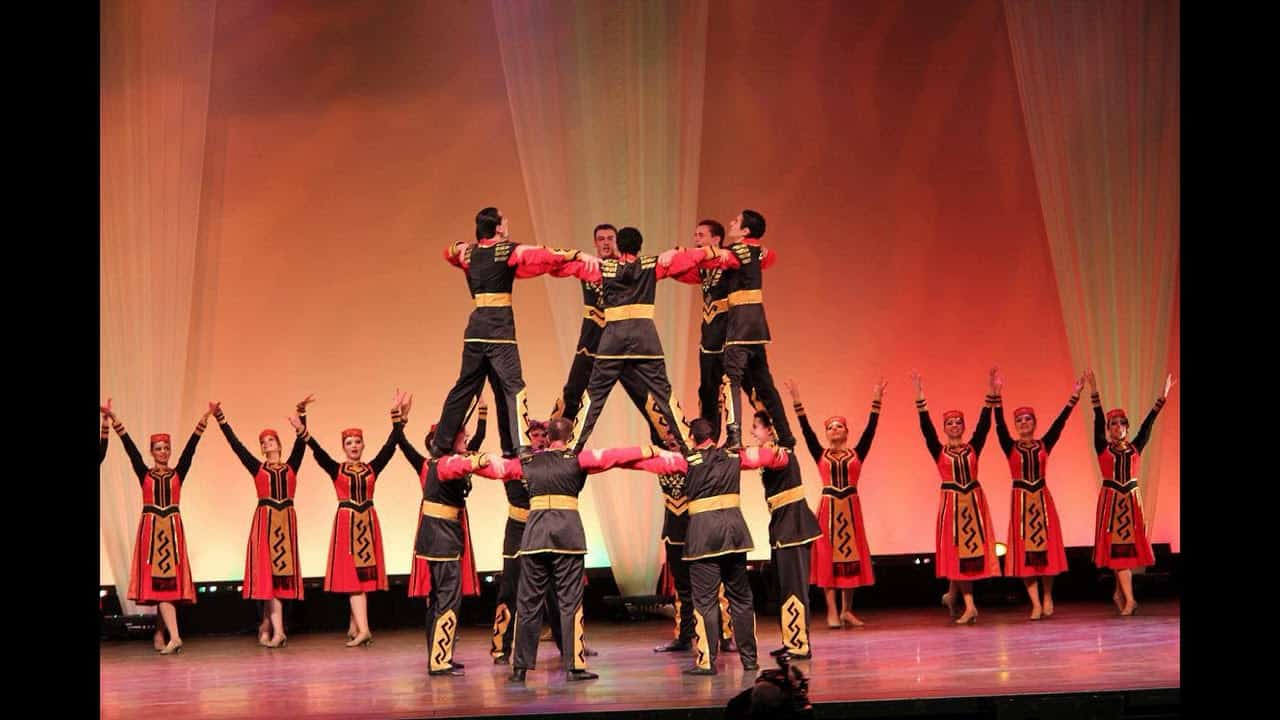Talent Weighs a Lot

People look for talent everywhere, starting with talent shows in elementary school. Interestingly, we have the same word talent in Armenian, only pronounced a little differently: daghant (տաղանդ). The use of gh instead of l shows that the word appeared in Classical Armenian when the Greek λ (l) was written down as ղ (gh).
Both English and Armenian, therefore, share the same ultimate origin: Greek τάλαντον (talanton), a word that meant “scale” and “weight,” and also indicated a certain amount of weight (26 kilograms or 57 pounds), as well as the monetary sum equivalent to a talent of gold or silver. When Carthago lost the Second Punic War (218-203 A.C.) to Rome, it had to pay the exorbitant amount of 10,000 gold talents (= 570,000 pounds)!
The Armenian translation of the Bible already showed the figurative meaning of daghant as “ability or skill.” But, while Armenian borrowed the word directly from Greek, English used an intermediary, the plural form of Latin talentum, and the figurative meaning was reinforced by the Old French talent (“will, inclination, desire”).
If you want to delve into the gradations of a talent, the Armenian language gives you several choices, from the bottom to the top:
անտաղանդ (andaghant) “untalented”
տաղանդաւոր (daghantavor) “talented”
տաղանդաշատ (daghantashad) “much talented”
մեծատաղանդ (medzadaghant) “of great talent”
բազմատաղանդ (pazmadaghant) “multi-talented”
However, the limit between a multi-talented person and a հանճար (hanjar “genius”) is a matter for others, not for this column.
